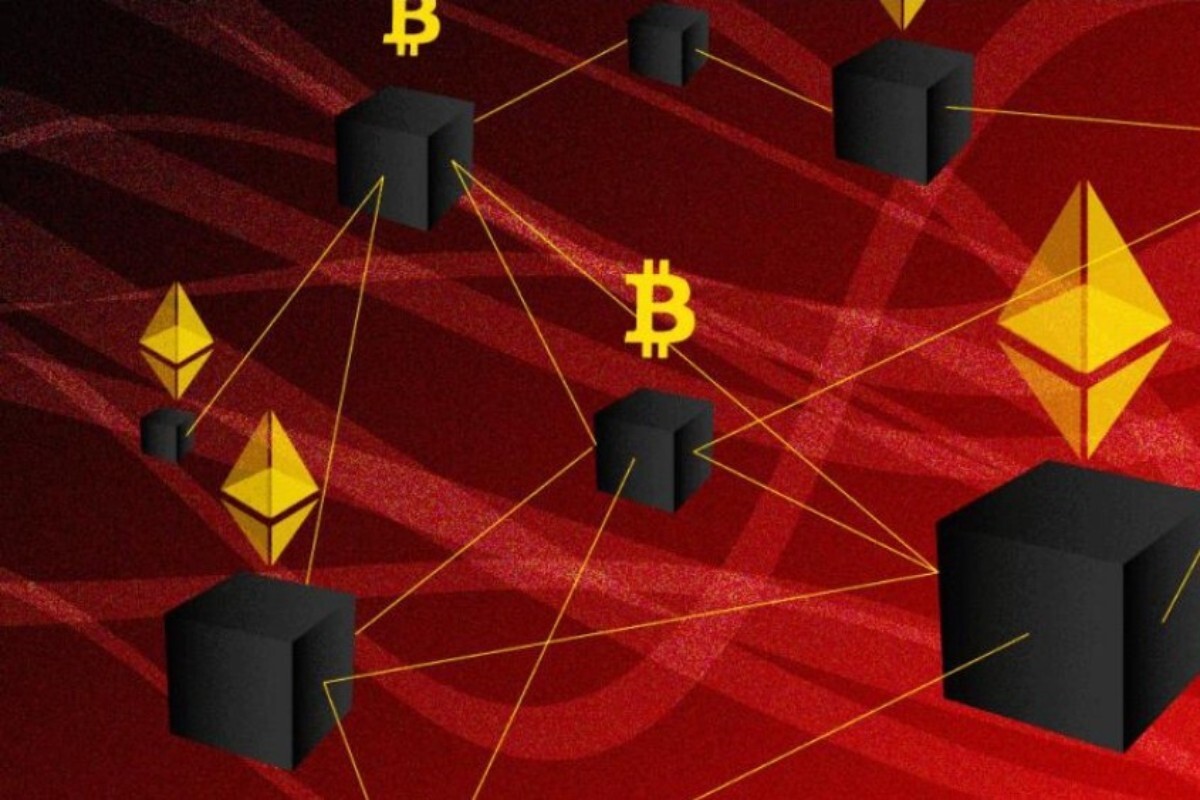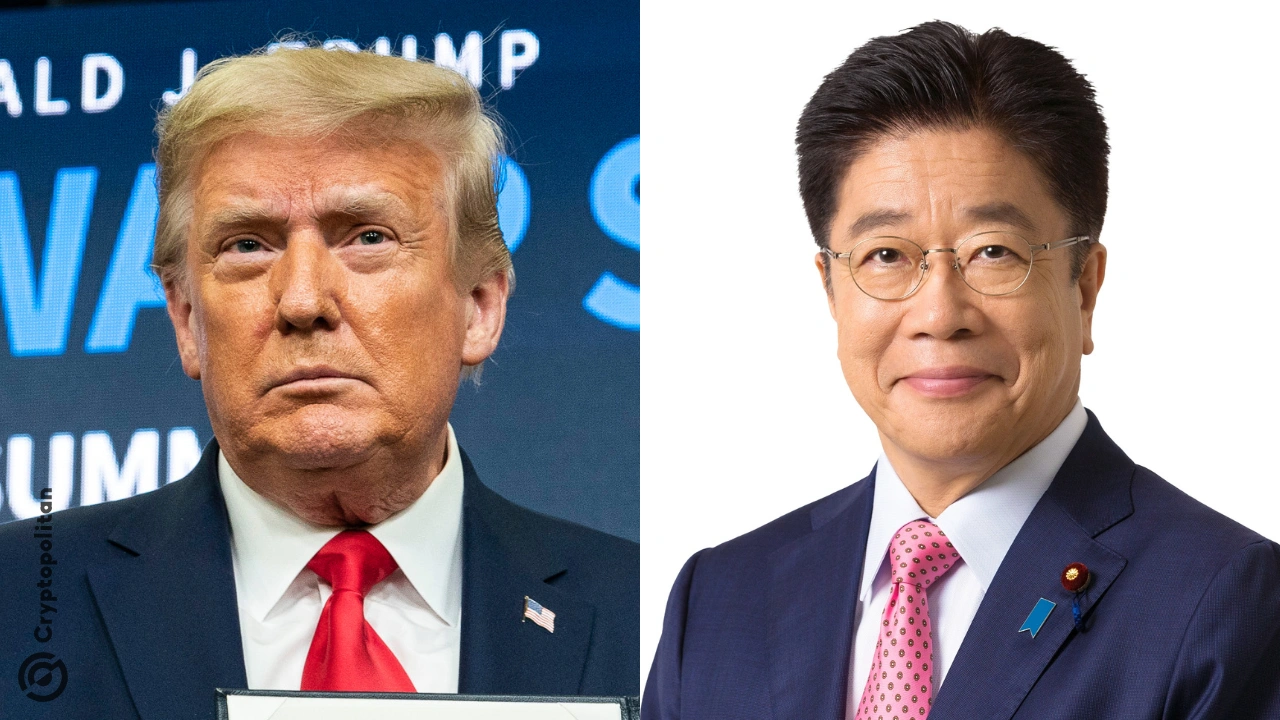Fed Director Waller elaborates on U.S. President Trump's trade policyTwo scenarios that may affect the U.S. economy, but he saidIn either case, the inflationary impact may be temporary。
In a speech prepared for an event in St. Louis on Monday, Waller called the new tariff policy "one of the biggest shocks that have affected the U.S. economy in decades."
"The future of this policy and its possible impact remainsHighly uncertain. This makes the outlook highly uncertain, requiring decision makers to maintain when considering various possible outcomesflexibility。”
Waller outlined in hisBoth scenarios leave possibility for the Fed's interest rate cut. His views andSeveral other policymakers who have recently been concerned that tariffs could have a more lasting impact on inflation。
Trump's tariff statement has repeatedly changed, hiding markets and economists trying to assess its potential economic impact.
On April 2, Trump announced widespread tariffs on U.S. trading partners. He has since announced a 90-day moratorium on so-called retaliatory tariffs, but still retained a 10% global benchmark tariff.
Waller elaborates on two scenarios of how tariff policies might develop and outlines how the Fed should respond in each scenario.
In the first scenario, he assumes a "mass tariff" scenario where an average of about 25% of the tariff will last for a period of time. In the second scenario, he describes a “small-scale tariff” situation where a 10% full tariff on goods in all countries is imposed, while other tariffs are cancelled over time.
Large-scale tariff scenario
He said that in the first scenario,Economic growth may slow down “crawl-like” and unemployment will rise significantly.
In this case, inflation will also rise significantly if businesses pass on tariff costs quickly and completely, he said.Annual inflation rate may reach a peak of nearly 5% in the coming months。
Nevertheless, Waller said the premise is that American price growth expectations remain well anchored and inflation will return to more moderate levels in 2026.
"While the last surge in inflation that began in 2021 lasted longer than I and other policymakers initially expected, my best expectation is that higher inflation brought about by tariffs will be temporary," Waller said.If this inflation is temporary, I can 'ignor it, and formulate policies based on potential trends. ”
He added:If the economic slowdown is severe and even threatens to recession, I expect to tend to cut policy interest rates earlier and more dramatically than I had previously thought。”
Waller said that if the Fed faces a rapid economic slowdown and inflation remains high at the same time, “the risk of a recession will exceed the risk of inflation escalation.”
Smaller-scale tariff scenarios
In the second scenario, Waller estimates that the impact on inflation will be much smaller, with an annualized peak of about 3%. He said that although it will have a negative impact on economic output and employment growth, it will be smaller than the first scenario.
He said:As the steadily reduced tariffs have limited impact on inflation and economic activity, I will support a limited monetary policy response. As the economy slows down, inflation expectations remain anchored or even declined, coupled with the view that smaller tariff impacts are temporary, which gives FOMC room to adjust policies based on the progress of potential inflation trends revealed by price data. ”
He saidIf tariffs have little impact on inflation, then interest rate cuts are "very likely" to be put on the agenda in the second half of 2025。
















No comments yet